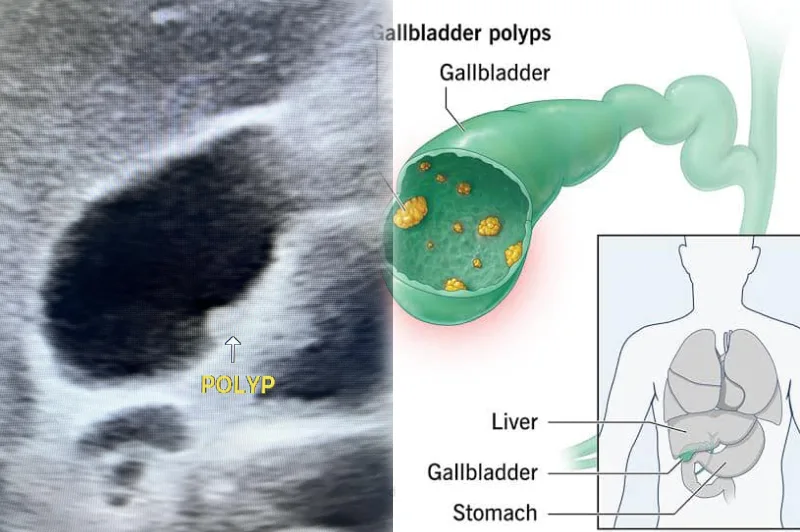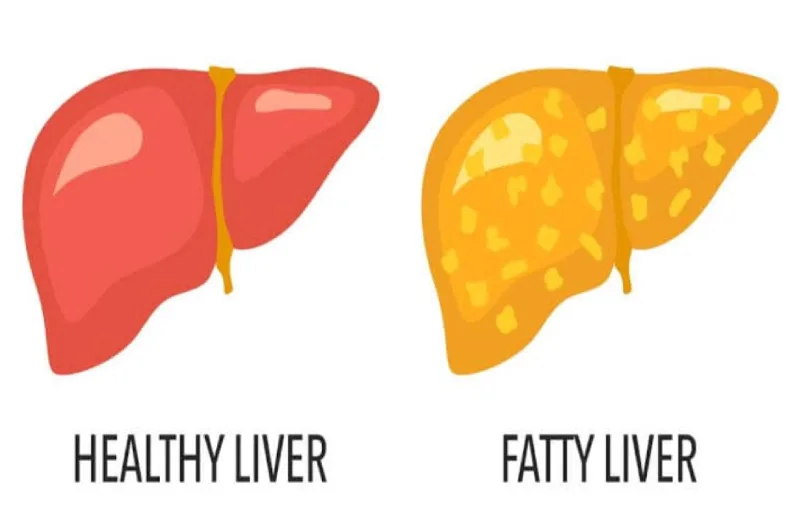PROSTATE ENLARGEMENT (Prostatomegaly)
What is prostate gland?
—> Prostate gland is present only in males. It is located beneath the Urinary bladder. Urethra (Tube that transports urine) coming out from the urinary bladder passes through the center of the prostatic gland.
Enlarged Prostate compresses the urethra leading to Urinary symptoms.
An enlarged prostate can be due to the following conditions:
1. BEP (Benign Enlargement of the prostate)/BPH (Benign prostatic hyperplasia)
2. Prostatitis (Generally young adults)
3. Prostatic Cancer (Old age group)
Symptoms:
Common symptoms:
1. Frequent or urgent need to urinate
2. Increase frequency of urine at night
3. Weak urine stream
4. Inability of completely emptying the urinary bladder/Feeling the presence of urine even after urination
5. Difficulty in starting the urination
6. Dribbling of urine after completion of urination
Less common symptoms include:
1. Recurrent urine infection
2. Inability to pass the urine
3. Blood in urine
Risk factors:
1. Age
2. Family history
3. Diabetes and heart disease
4. Life style
Complications:
1. Bladder stone
2. Bladder wall damage
3. Kidney damage
Points to be remembered:
—> BEP rarely causes symptoms before 40 years.
—> 1/3rd of BEP patients have moderate to severe symptoms by 60 years of age
—>1/2 of patients have severe symptoms by 80 years of age!
—> BEP doesn’t increase the risk of cancer
—> Size isn’t related to symptoms. Some patients having larger size may not have any symptom while some patients with borderline increase in size of prostate may have severe symptoms.
Normal Prostate size:
Less than 20 cc or ml.
Borderline between 20-25 cc
Increased if more than 25cc.
Diagnosis:
1. Ultrasonography
2. Digital Rectal examination
3. Serum Prostate Specific antigen (PSA)
4. Urine flowmetry
5. Prostate biopsy
6. Cystoscopy
Management:
Treatments depend on size, symptoms and age of the patients.
1. Medical treatment: For mild to moderate symptoms.
2. Surgical treatment: If medicines haven’t relieved the symptoms.
a) Minimally invasive Surgery:
b) Laser therapy
c) Prostatectomy
Important points:
1. Always do serum PSA once you have enlarged prostate. (Screening for Prostate Cancer)
2. Yearly/half yearlyUltrasound is advised for growth monitoring.
3. Can BPH can be prevented?
—> Not really. But eating fruits, maintaining balanced weight may help.



